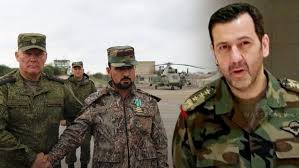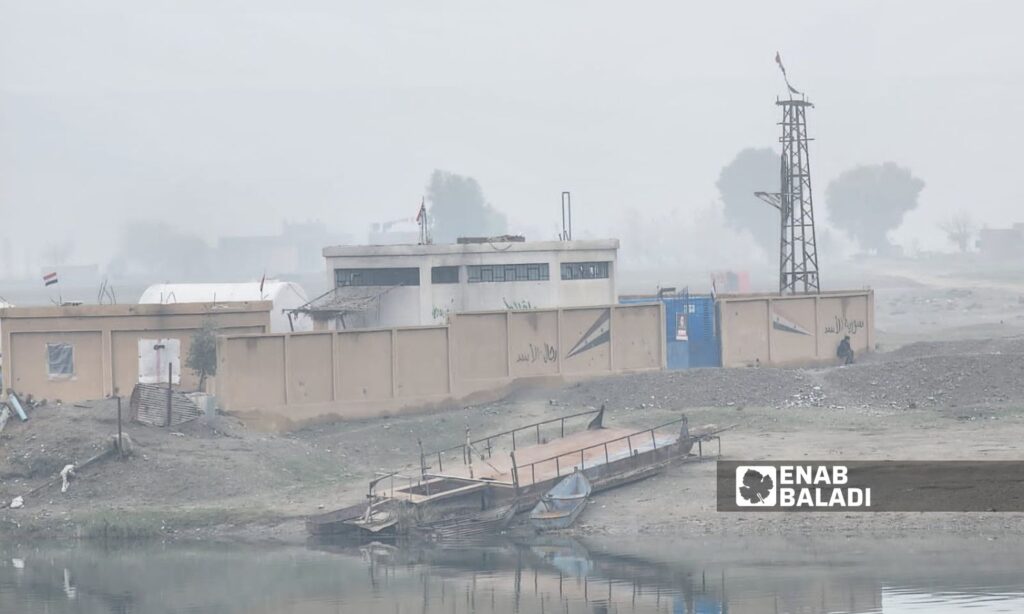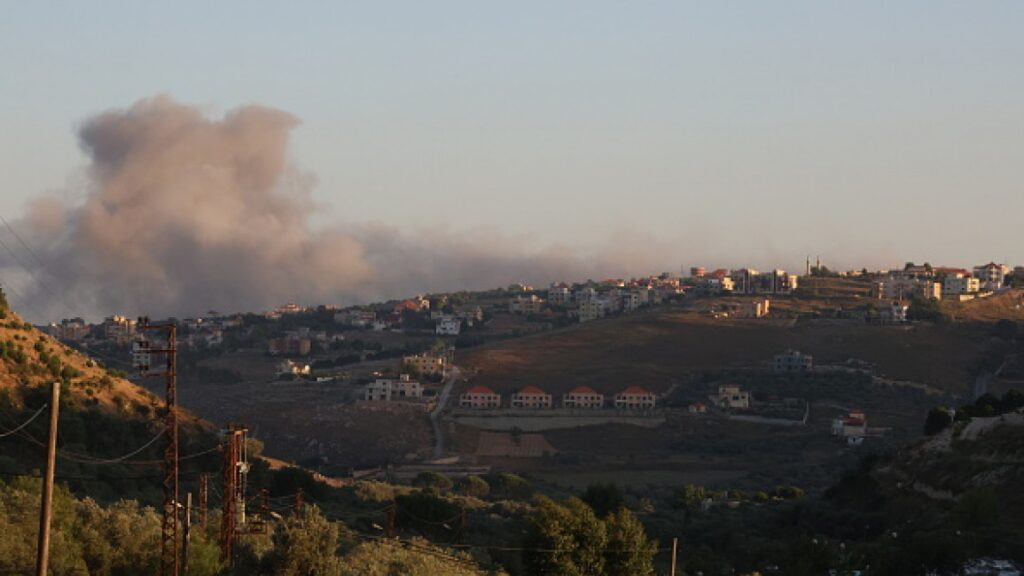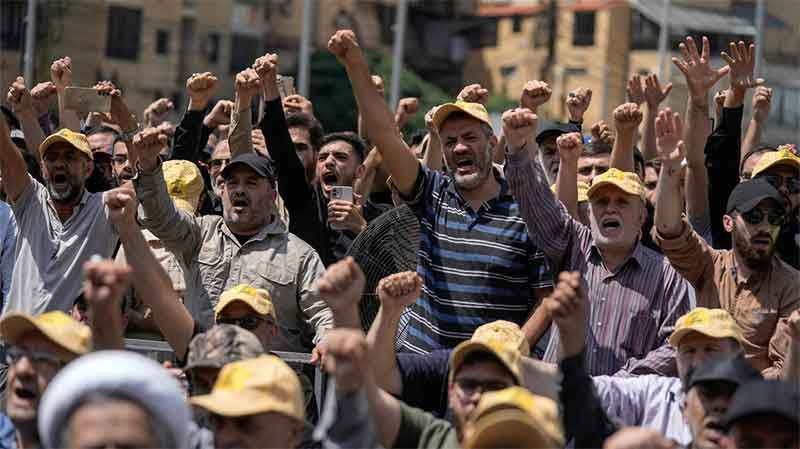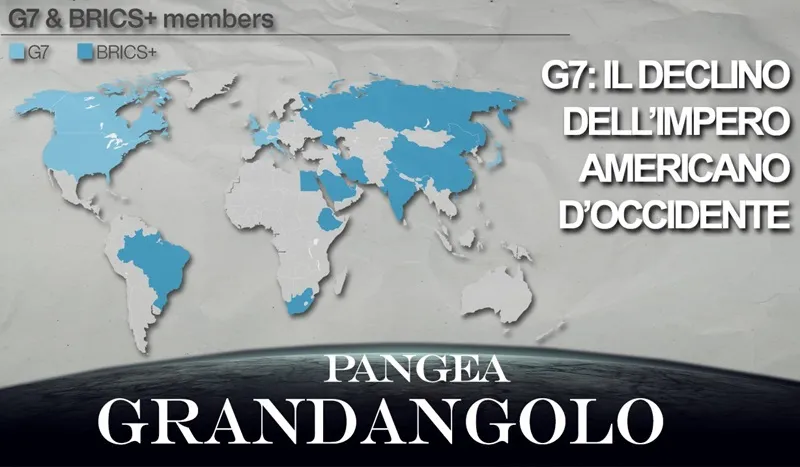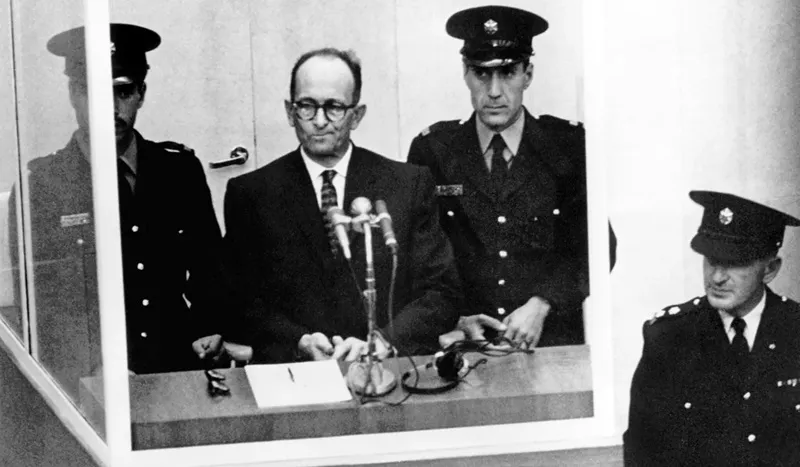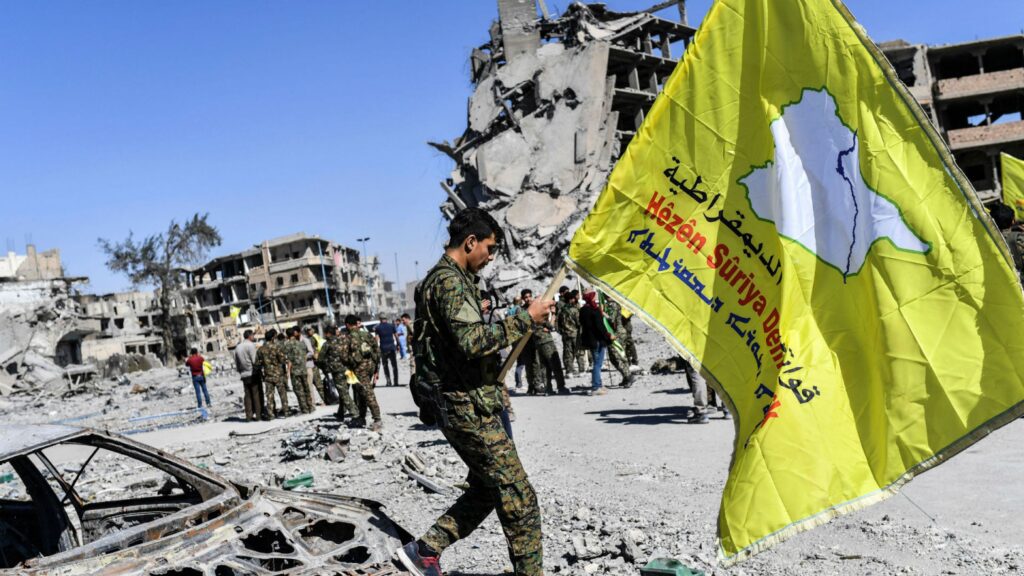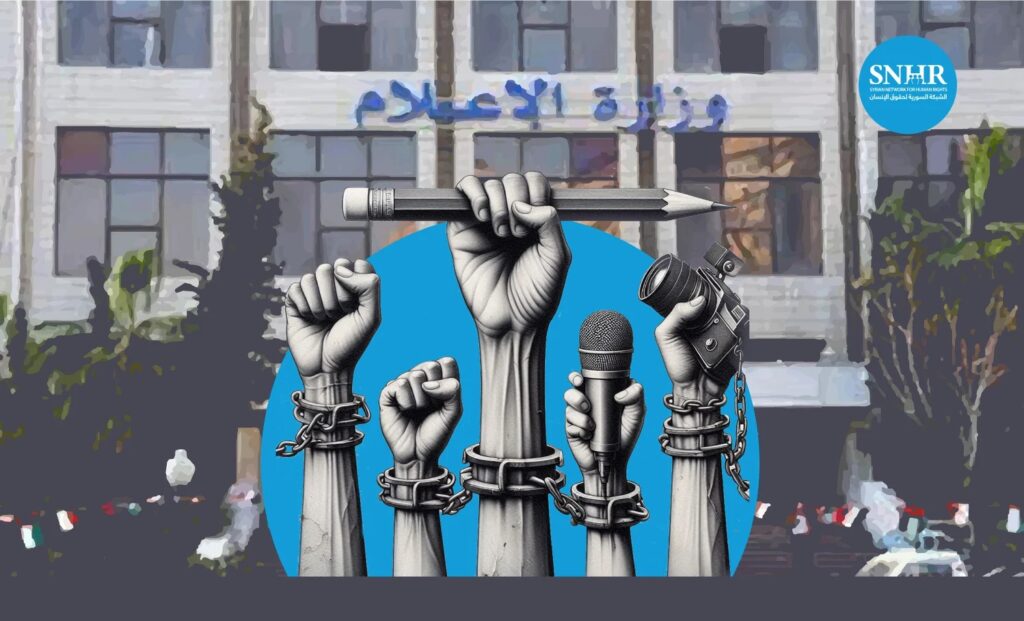Iran-affiliated cell reportedly found storing explosives in Jordan’s capital
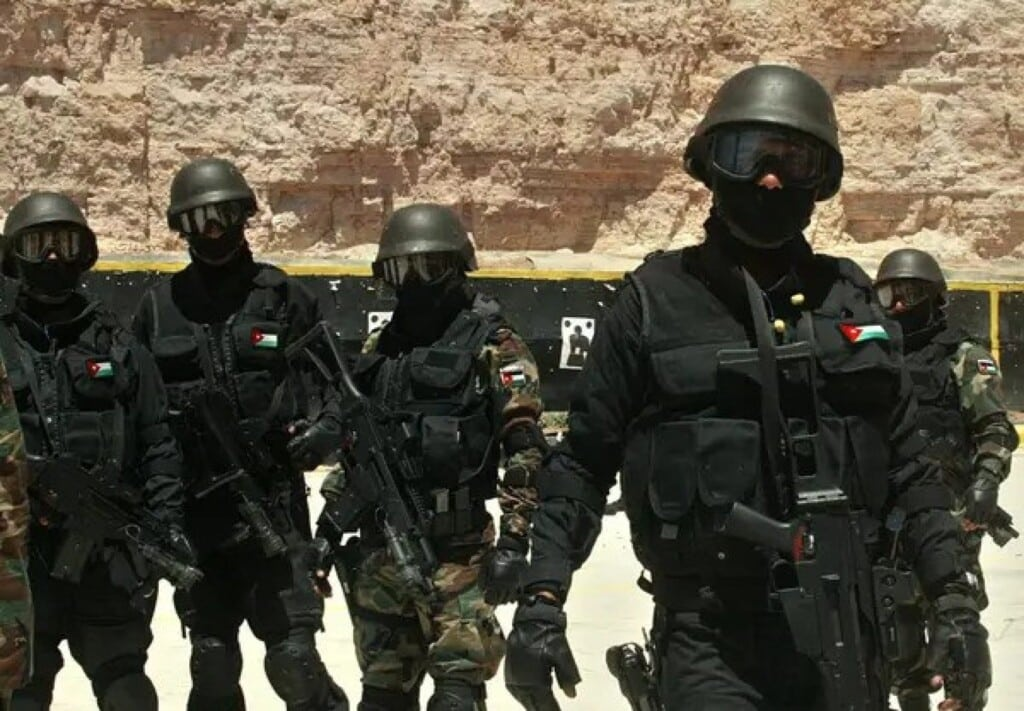
The Jordanian Public Security Directorate announced on June 22 that security forces are handling an investigative case in the South Marka area of the capital, Amman, according to the official Jordanian News Agency. Authorities stated that initial investigations indicated several individuals had been storing significant quantities of explosive materials inside a house.

